






What is ‘Learning by Doing’?
“Learning by doing” is a pedagogical method based on the idea that you can learn something better and faster if you practice it – if you “do it”, as the name suggests. The method, theorized by the American philosopher, psychologist, and educational reformer John Dewey, seems quite straight forward. When trying to put it into practice, though, you might realize that it is not quite as obvious as it seems. What are some real-life examples of Learning by Doing? How do you apply this method to theoretical subjects and concepts? And is this idea suggesting that we should put ourselves in new and challenging situations without any previous study or preparation?
In this article, we are going to analyze 3 examples of the “learning by doing” method successfully applied in diverse contexts. Hopefully, this will help you to formulate a better understanding of this fascinating topic.
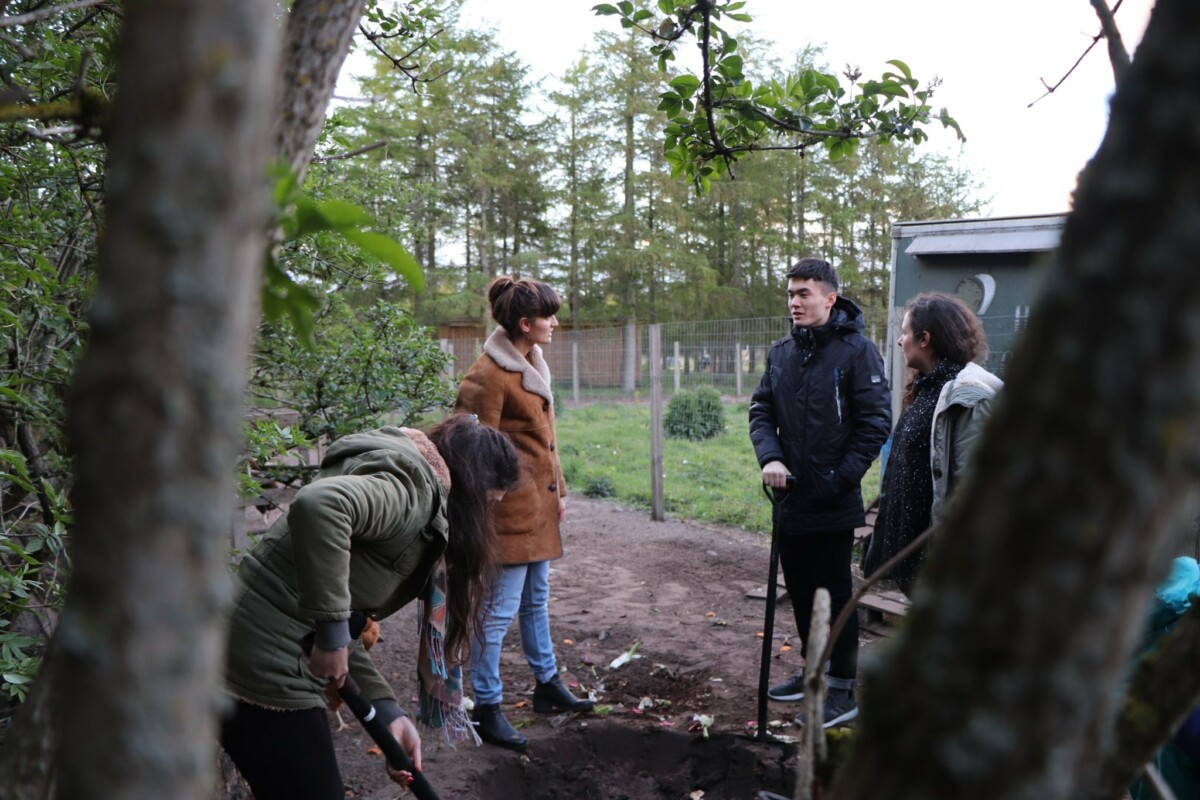
1. First example: learning to ride a bike
Example 1. “You are seven years old. All of your school friends run across the narrow streets of your neighbourhood on their shiny bikes, and you feel the excitement to join the fun. For your birthday, last week, you were gifted a brand new red bicycle, and since then you have been wondering what it must feel like to sit on it, swipe above the asphalt and gain speed down the road.
Finally, you gather the courage to go outside and try it out. You have seen others do it, you know what it looks like, but you also remember your father warning you that it might take a while to learn. You are prepared. You sit on your vehicle, and when you finally decide to lift your feet off the ground and start pedalling, you fall. That afternoon, you fall again and again, with little improvement and, comparatively, much more frustration. But the following day you are out again, and so the day after that.
Every day you fall, but slowly you gather some small successes and build up some courage. Through trial and error, your body learns what movements and postures are needed to maintain your balance, and adjusts your muscles accordingly. In your brain, tiny electric impulses travel in new ways, sketching a light map for the neural pathways that one day will make biking a very automatic activity for you.
The first time you manage to ride the whole length of the courtyard without putting your feet down, you feel a rush of satisfaction and adrenaline through your body, and you run inside to bring the good news to your family. There are still adjustments to be made – you certainly still need to get a hold on your breaks and gears. But the most difficult part is done, and you have successfully learnt how to ride a bike.”
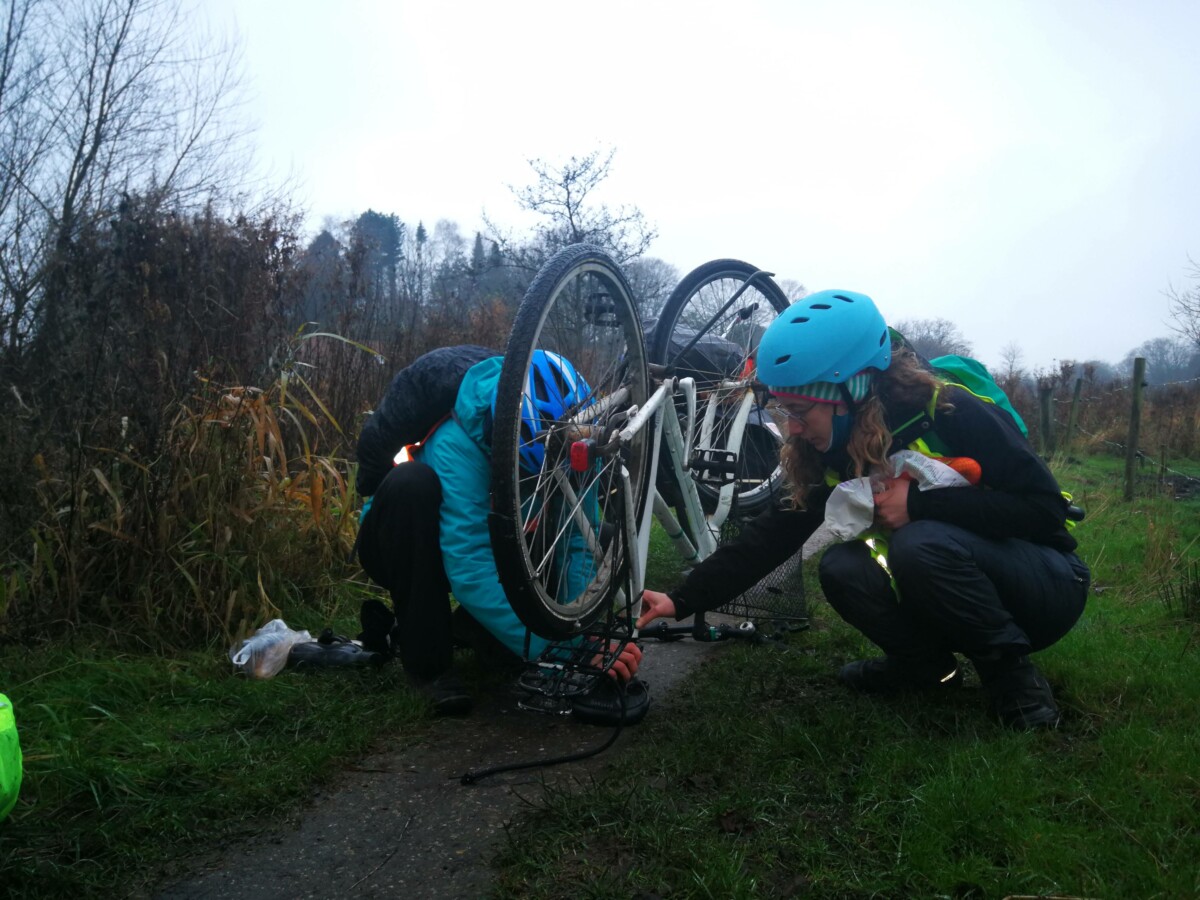
Perhaps the most obvious example of the “learning by doing” method has to do with skill development. How did you learn to ride a bike? It was probably not by studying it or from hearing others’ experiences, but rather by picking up your vehicle and failing repeatedly – until, one day, you made it. Of course, the “doing” can be analyzed and split into smaller and more essential actions. In your case, it took the shape of observing other people’s successes, trying it yourself, failing, reflecting on what made you fail and how you could fix that, and trying it again. Maybe it even involved receiving advice or a helping hand from those around you.
All these details reveal some of the fundamental traits of the method: proximity with your object of studies, in the first place, and a more or less conscious learning process that involves reflections and self-assessments. These are the elements that make the learning by doing methodology so efficient, and they are the essential principles that can be applied to most types of learning – making learning by doing a much more versatile pedagogical tool than it might seem.
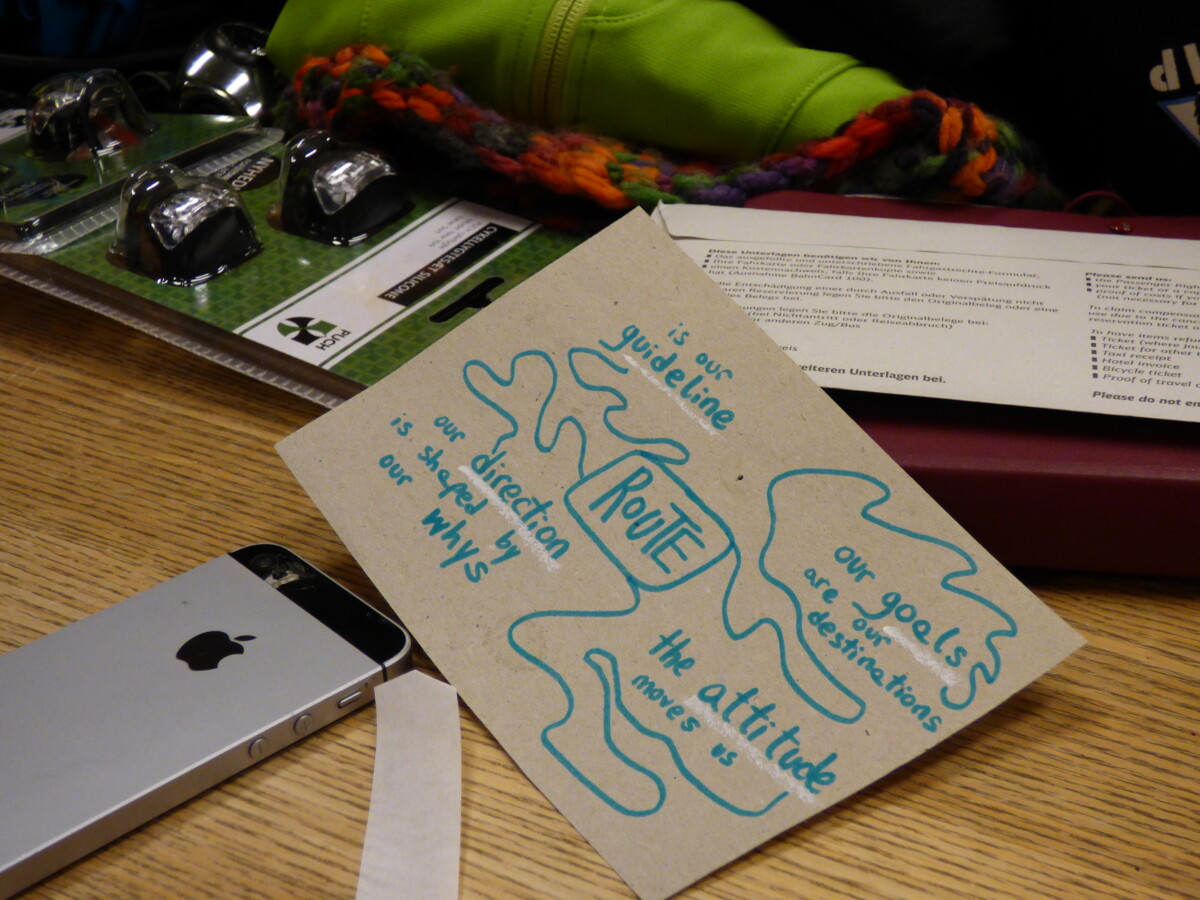
2. Second example: learning to organize and host big events
Example 2. “You’ve made up your mind: you want to be an active citizen, have an impact on your reality, leave a mark on those around you. For a while, you’ve been thinking that a good way to reach a big number of people is to organize large scale events. But how do you start to do that? You’ve never done anything similar before, and the fear of the huge responsibility is big enough to prevent you from taking any initiative. These thoughts, among other things, convince you to enroll in an educational programme that will help you develop your skills and personality. You have also heard that the programme will offer you plenty of opportunities to learn how to organize big events.
When the time comes, you are excited and scared. The task is to organize the Graduation ceremony for the last year students – an event that will involve hundreds of guests and that certainly carries a certain importance. You and your teammates take up this responsibility, without knowing much about how to fulfill it. You start by asking more experienced people for advice, then you put your heads together and come up with a plan. What should you keep into consideration? The invitations for the guests, the food, the set-up of the stage and the decorations, perhaps performances or speeches, the programme for the day… It is a long list. You divide into groups and decide who will take care of which part. You learn from each other, and each evening you meet to update the group on the process of your task and exchange feedback.
A few days before the ceremony, a few teachers and older students come to your group to check on your process and ensure the success of the ceremony. They make you notice some important details: the quantities you calculated for the food are wrong, and you should start collecting the audio material that will be needed for the performances. You realize that, because you are not alone, you are acting in safe frames, and the pressure you felt until now was not needed.
After the Graduation is over, you reflect together with your teammates on what worked and what could have been better. Now you know what it takes to organize a big event, and you feel more prepared to face the next occasion.”
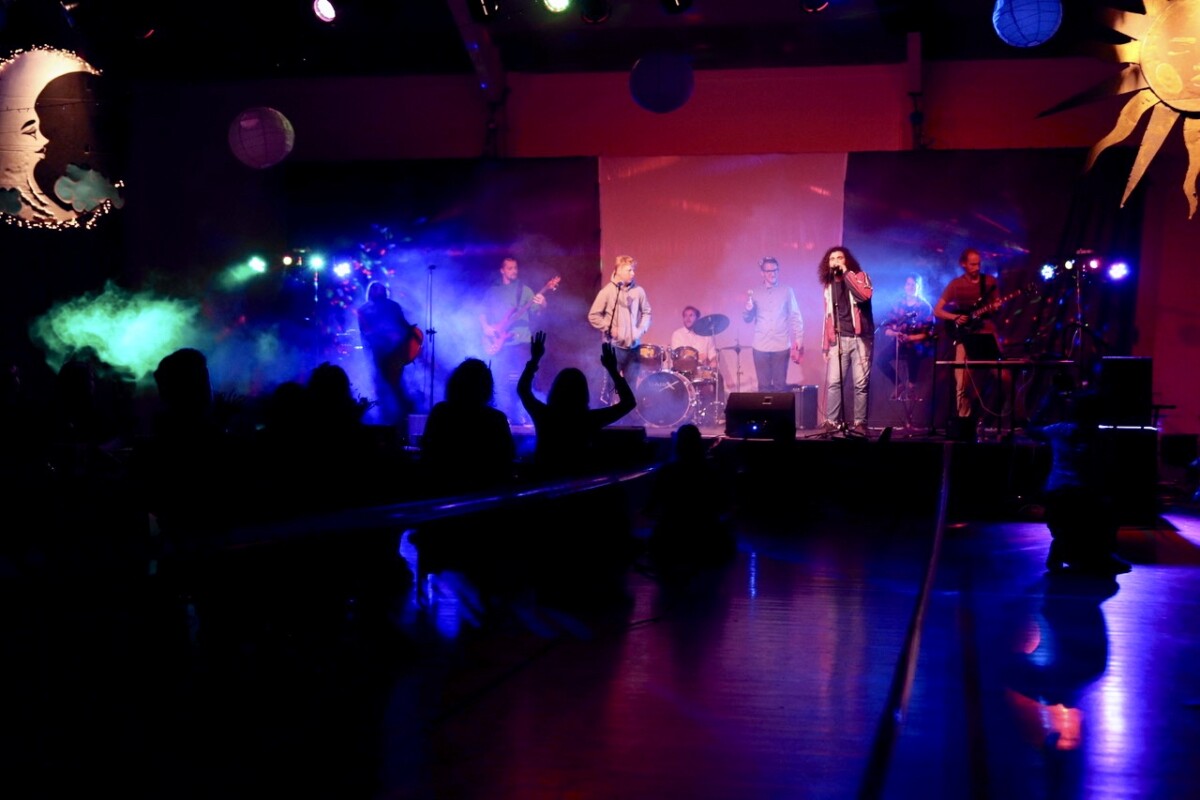
Borrowing an example from our Alternative Education Course, our students, throughout their programme, are required to organize diverse educational events for large numbers of people. Conferences, concerts, pedagogical camps and sports days – these are just some examples, and each of these yearly events can estimate some hundreds of guests. As a norm, our students are in charge of organizing and leading these gatherings, and most of them do so without any similar previous experience. Of course, the school’s Teacher Council is there to assist the process, if something is to go wrong – providing a context in which it is safe and possible for the students to “dare” to take on new challenges and experiences.
What could this look like, in your life? The key is to detect some safe spaces in which it is possible for you to try out something new – and to potentially fail without too many consequences. Some theories suggest identifying the learning zones and performance zones in your life: to know when it is important that you perform your best and deliver secure results, and when it is instead safe for you to explore and try out new things.
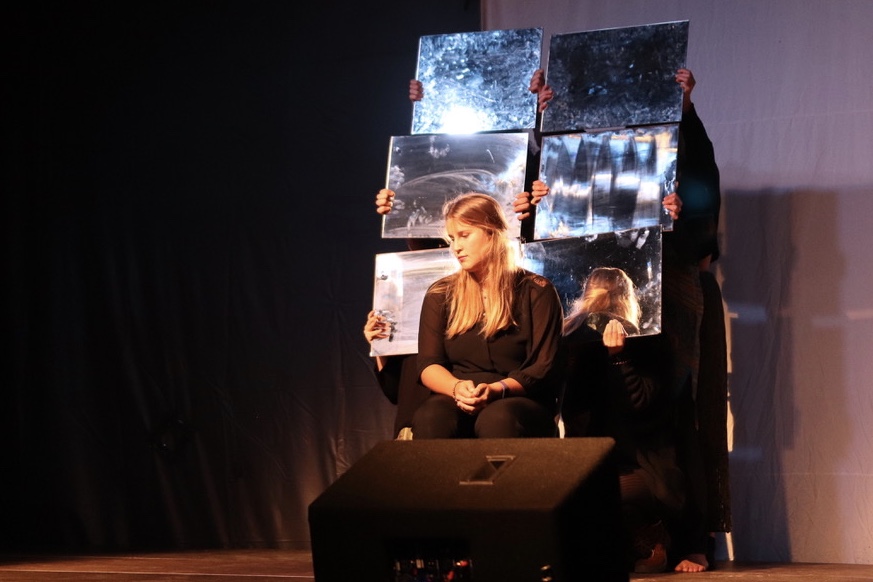
3. Third example: learning by doing applied to knowledge
Example 3. “Halfway through your programme in Alternative Education, it is time to take your Teacher’s Ethics and Planet Protection exam. The ordinance requires you to “investigate on a topic of your choice within the subject, and write a report comprising the results of your investigation”. What does it mean, to “investigate”? As you’ve had the chance to learn in previous studies, ‘investigating’ means researching a certain topic through theory and practice, by studying as much as by ‘experiencing’ it.
You decide to investigate the difference between organic and mainstream agriculture. You set off for your investigation in internal Denmark, with a teammate, two bikes, and a few books and printed papers on the topic. You travel, observe the landscape, read your selected material and try to approach the farms you meet on the way. Many are flattered by your curiosity, and they welcome you in their homes to express their views on topics so close to them. They show you their world and work, and in this way you come across contrasting, complex aspects of the topic that you could not have found on the internet. With some degree of astonishment, you hear of an organic farmer who has no choice but to buy manure from his non-organic neighbour, or of a traditional farmer who points out that organic can still be intensive, and can still damage the soil as much as a non-organic, but less intensive agriculture.
Every evening, you discuss your findings with your teammate, attempting to set apart personal views from facts, but to still reflect on the value of individual experiences in a context of black-and-white information. You backup your conclusions with data and facts, and write a satisfying report that faithfully depicts the complexity of the topic. Towards the end of your investigation, you notice how deeply you came to understand and care for this topic, which you’ve had the chance to explore so closely and to associate with many powerful experiences.”
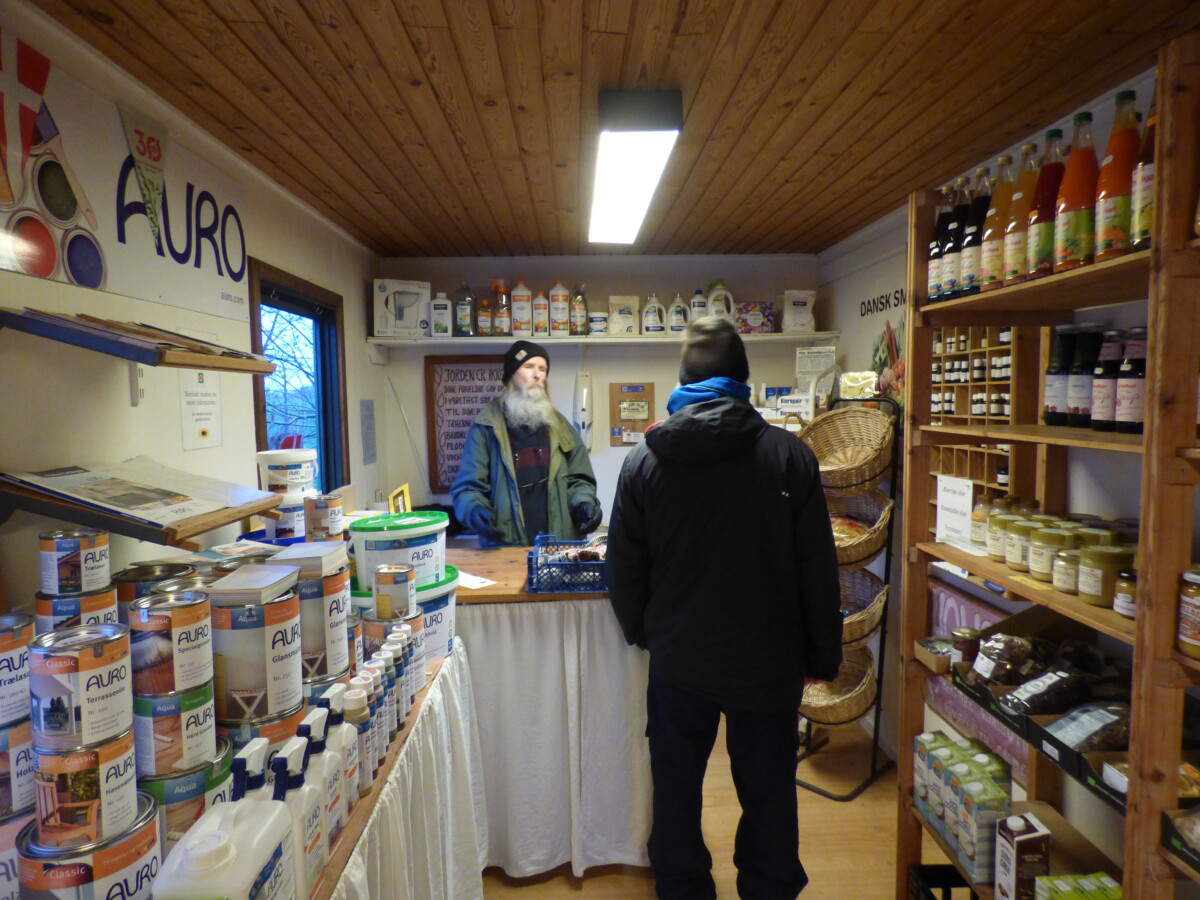
With this example, comes an interesting insight on the method itself. Does “doing” refer to practice only? Is this methodology suggesting that practice matters more than theory, in the learning process? How can you “practice” something abstract, such as Science, History or Philosophy?
Interestingly enough, learning by doing is not just about practice – it has more to do with the elements mentioned earlier. Proximity, or personal involvement with the topic, is one fundamental aspect. The other one regards the constant process of self-reflection, analysis and integration of theory that is part of the learning experience. Most recent reformulations of the “learning by doing” theory come as far to suggest that the methodology cannot actually be applied just at any point in the learning process – it should not be the first approach one takes to a topic, for example, as that might be overwhelming and make the learner feel inadequate and frustrated.
“Doing”, then, doesn’t necessarily mean “doing the content of the subject”. You can, for example, find different ways to include proximity and personal re-evaluation of the topic in your learning process. The “generation effect” suggests that learning is a generative experience, and that memorization is more efficient when you actively work on the information, instead of receiving it passively. In our example, associating the learning with powerful experiences, such as traveling, meeting new people and trying out new things is what makes the process so successful. Creating games and quizzes on the topic you are learning about, designing different kinds of products or explaining the topic to yourself or someone else are other very good ways of engaging actively with your topic.
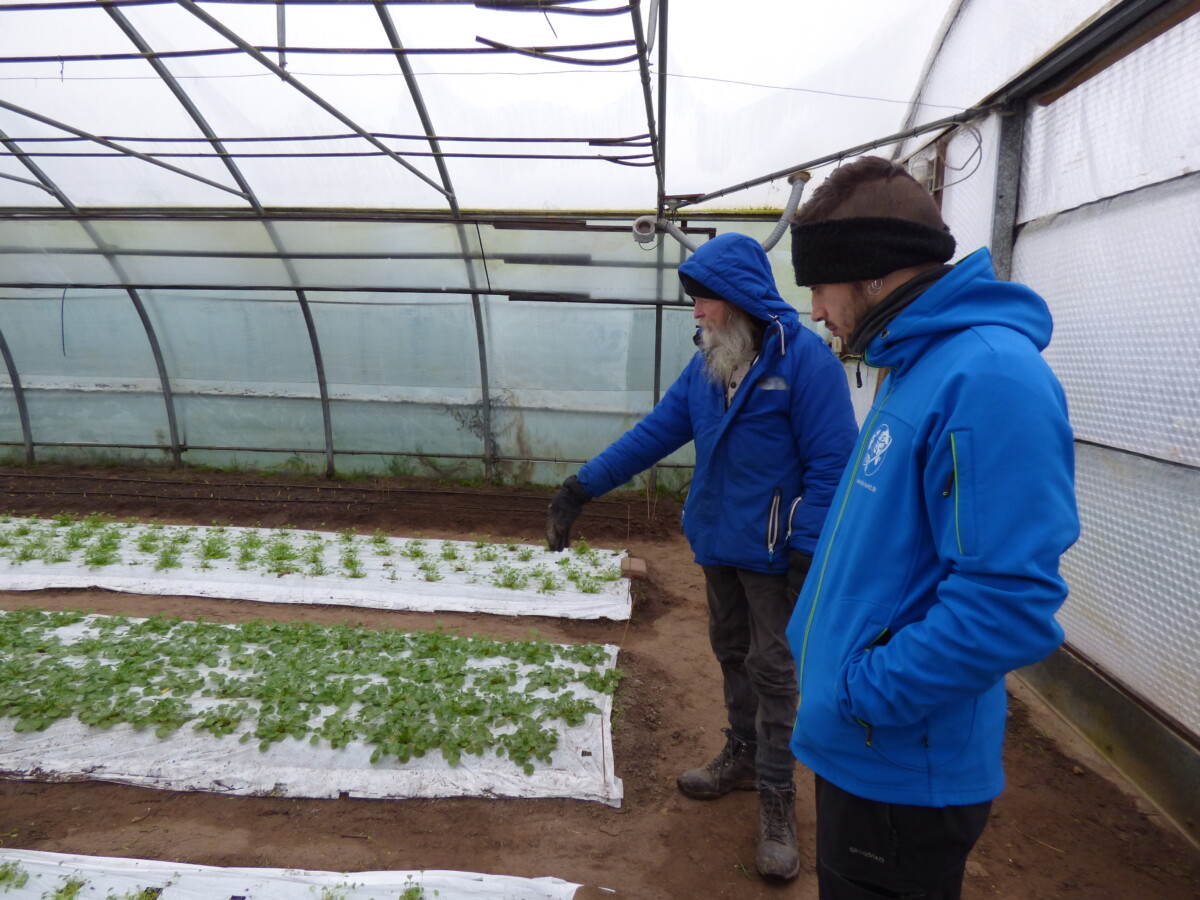
Conclusion
To sum it up in a few sentences, the ‘Learning by Doing’ methodology is a much more versatile and adaptable pedagogical tool than it might seem. From skill development, to self growth, to pure theory, there are ways to apply the underlying key elements of this method and make learning deeper, more efficient and more memorable. The trick is to be flexible about the word ‘doing’, which doesn’t necessarily indicate pure practice, but rather suggests a personal and close involvement with the object of studies, and an ongoing reflection on the learning process. Creating a safe educational environment in which it is possible to seek new and challenging experiences is important, too!
We hope these examples were of use to you, and allowed you to get a deeper insight into the learning by doing methodology. We’d like to read your own experiences, thoughts and considerations in the comments!
Learning by Doing at our College
Learning by Doing is one of the essential principles of our pedagogy, at the Necessary Teacher Training College. If you want to know more about how pedagogy, read about our pedagogical principles or contact us!
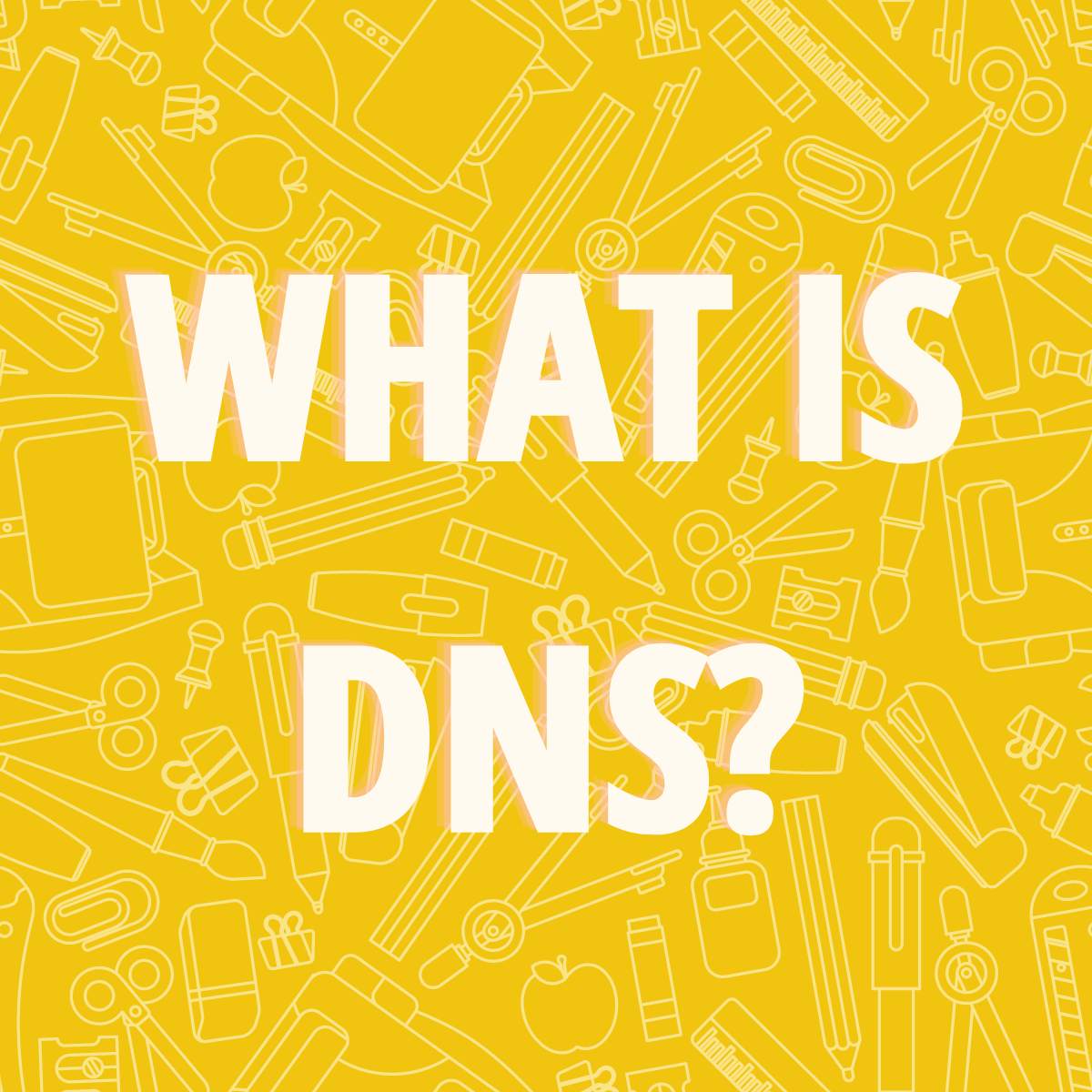
What is DNS?


Student experiences: “What really causes Climate Change”
What are the causes of climate problems? How does the global warming work? What are all the things that humans do that negatively affect the climate, and how do they compare? What are some potential solutions to these problems, and how should they be addressed?
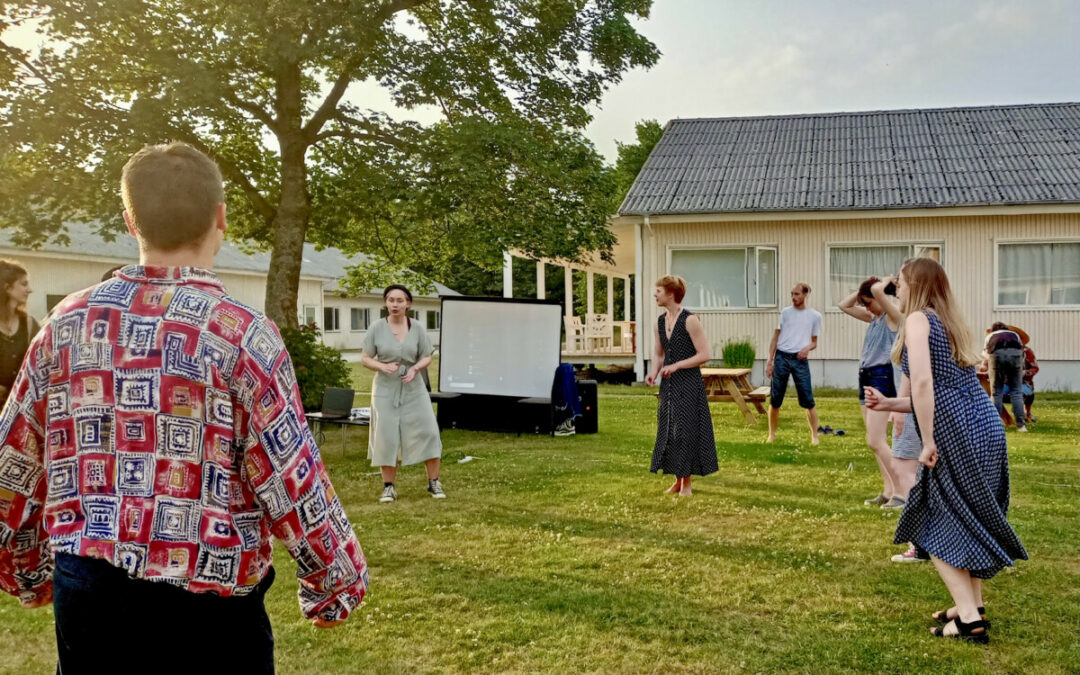
What does it mean to lead a “teacher lifestyle”?
Being a teacher is not only a profession – it is a mindset and a lifestyle, too. What does it look like, then, and why should you consider it?
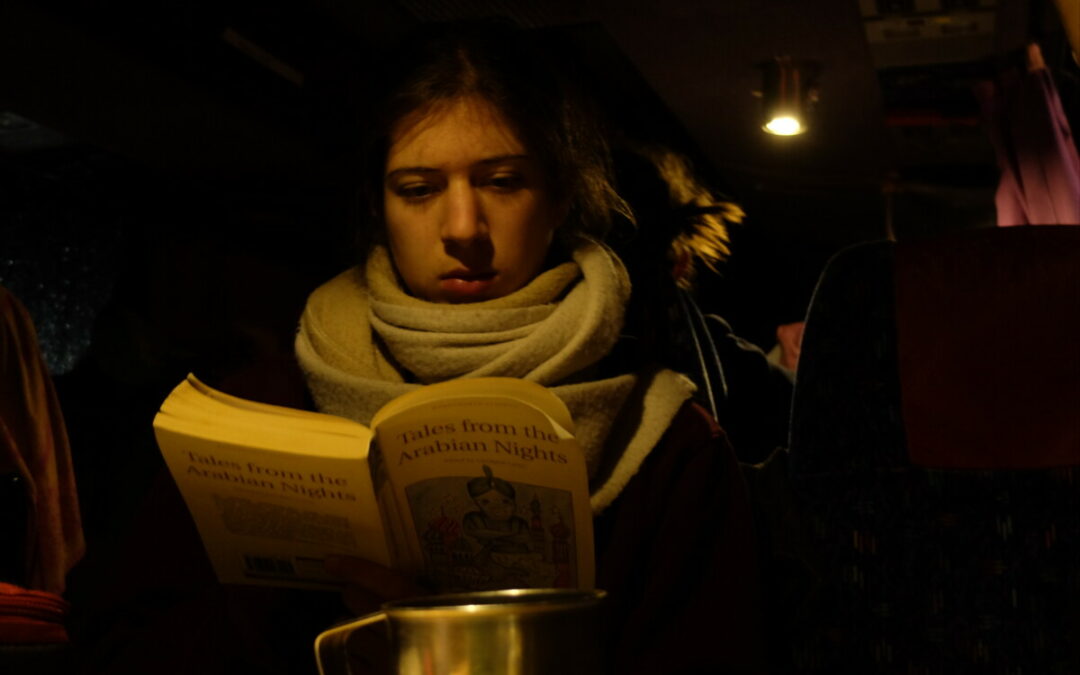
Epistemology in Teaching and Learning
Epistemology is one of the subject our students come across at our Teacher Training College. Why should a teacher learn about Epistemology, and what is the connection between this discipline and education?




Let’s start a discussion!
Did you like this article? Let us know what you think in a comment!
Here is what others think:
5 Comments
Submit a Comment


Student experiences: “What really causes Climate Change”
What are the causes of climate problems? How does the global warming work? What are all the things that humans do that negatively affect the climate, and how do they compare? What are some potential solutions to these problems, and how should they be addressed?

What does it mean to lead a “teacher lifestyle”?
Being a teacher is not only a profession – it is a mindset and a lifestyle, too. What does it look like, then, and why should you consider it?

Epistemology in Teaching and Learning
Epistemology is one of the subject our students come across at our Teacher Training College. Why should a teacher learn about Epistemology, and what is the connection between this discipline and education?

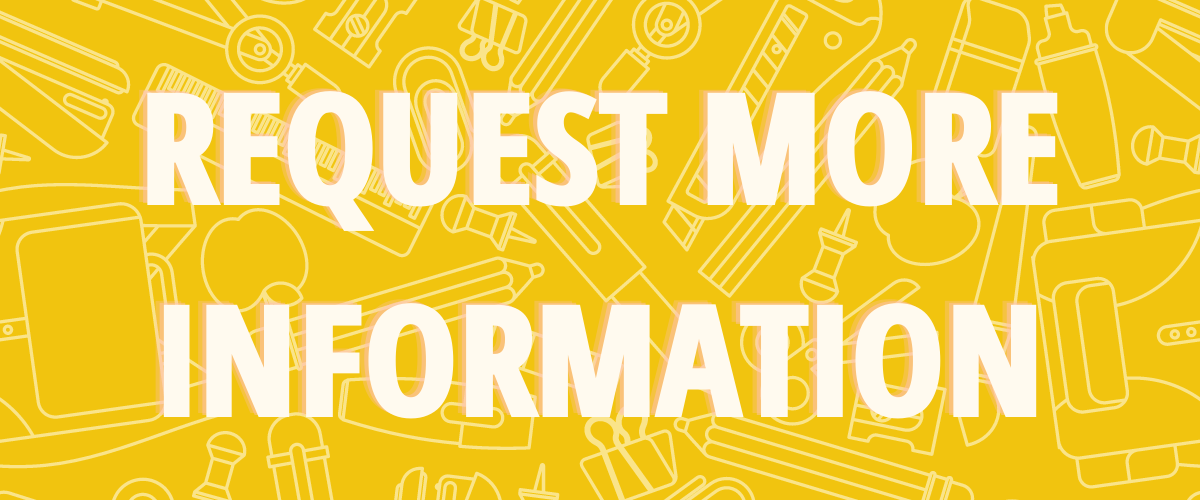

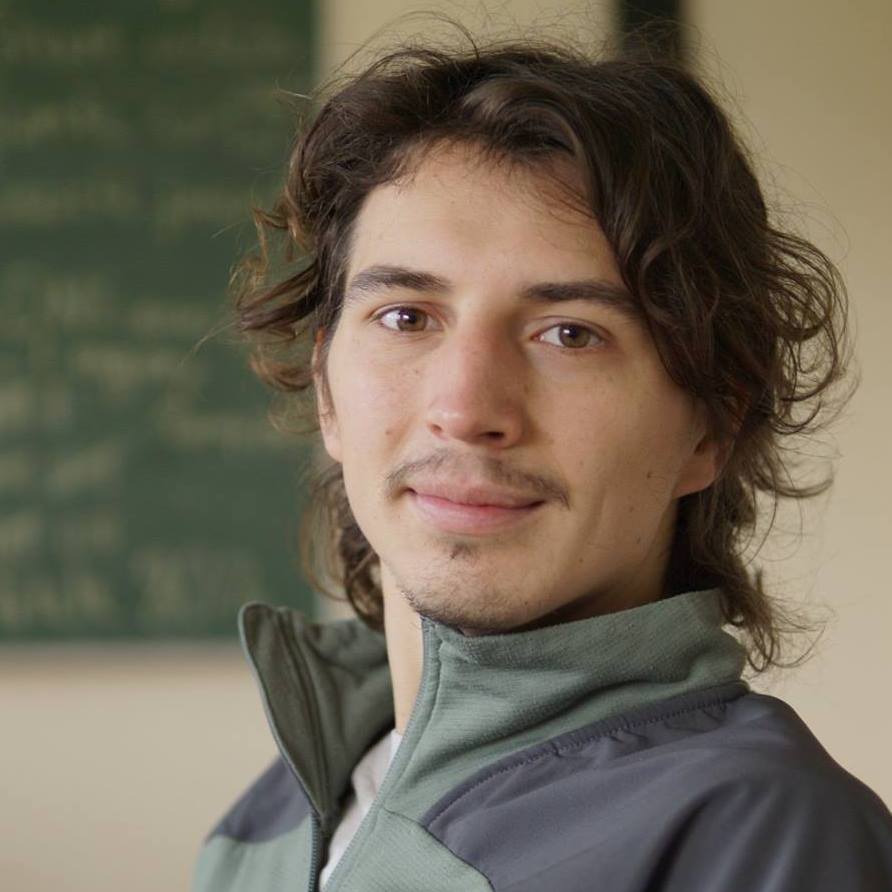
Great introduction to John Dewey’s most famous principle!
He also said ” We do not learn from experience…. We learn from *reflecting* on experience…” which I think is an important aspect to remember.
I found this article which I will study a bit more in-depth:
https://education.stateuniversity.com/pages/1914/Dewey-John-1859-1952.html
I had discussion with a certain organization few days ago and it is all about to invent idea which will help students to learn easily and faster, I suggested the idea of “Learning by doing” and once I have seen this article has expanding by understanding on it. So my comment is that Learning by doing is really skill development
Hey, such clear and smooth explanation of the topic. I loved the example of riding a bike, brought back some memories of how I struggled with it, and fell into a duct once while my father was trying to catch me:)
I definitely learned a lot after this, thank you for the article!
Thank you Sophie for this article that really gives to understand better what we mean behind “learning by doing” here in DNS. Indeed it is sometimes difficult to grasp how can experience-based education look like… I had myself no idea before I started the program and now it has become more and more natural for me to see every person I meet as a source of knowledge and everything I do as a learning occasion 🙂
I will be brave enough, saying that learning by truly living the moment may also help to enhance how deep is learning by doing. One extra example in EDUCATION is when you teach and then you learn much more rather than being a student…
JUST DO IT! with mindfullness!! and you will feel and know the difference….
We need more moments like this… to change the present